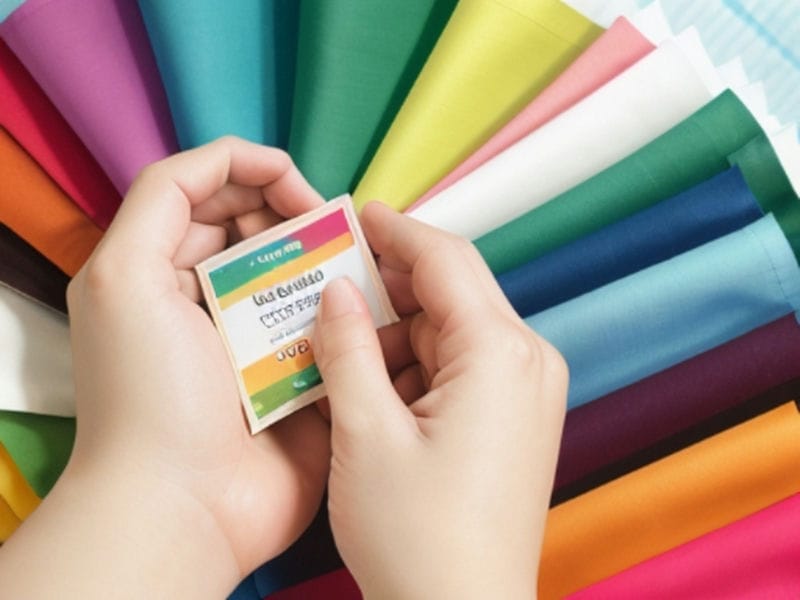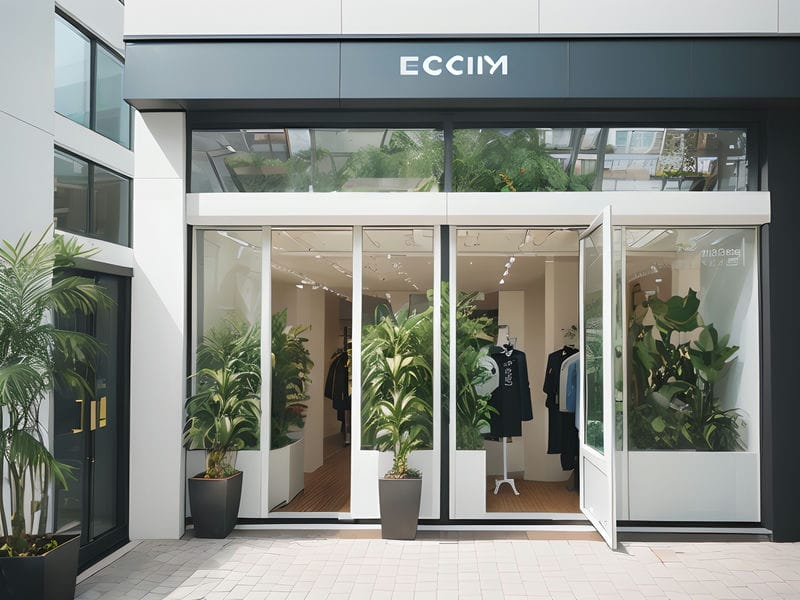How FSC Certification Promotes Sustainable Forestry
Mini Dress
Sustainable forestry is a practice that aims to manage forests in a way that ensures they can continue to provide environmental, social, and economic benefits for future generations. This means balancing the needs of the environment with the needs of society and ensuring that forests are managed in a way that promotes their long-term health and productivity.
The principles of sustainable forestry include maintaining forest health and diversity, protecting wildlife habitat, minimizing soil erosion, and promoting responsible harvesting practices. By following these principles, foresters can ensure that forests remain healthy and productive while also providing important ecosystem services such as clean air and water.
FSC certification is a way for consumers to identify products that have been sourced from sustainably managed forests. Repairing clothes extends their lifespan What it Means to be a B Corp in Fashion Hemp Fabric. DIY fashion promotes creativity and sustainability Organic and Natural Fiber Fabrics B Corp Certification. The Forest Stewardship Council (FSC) sets standards for sustainable forestry practices and certifies companies that meet these standards. By choosing FSC-certified products, consumers can support responsible forestry practices and help promote sustainability in the industry.
FSC certification promotes sustainable forestry by rewarding companies that follow best practices and encouraging others to do the same. It provides an incentive for companies to invest in sustainable management practices and helps raise awareness about the importance of protecting our forests for future generations.
How FSC Certification Promotes Sustainable Forestry - Brooke
- Silk
- Sellers Cecilia
- Signup














